8 Top Nutrient-Dense Vegetables to Eat Daily, According to Nutritionists

When it comes to optimizing your health, the food you eat every day plays a huge role—especially when it comes to vegetables. While all vegetables offer health benefits, some are significantly richer in essential nutrients than others. These vegetables are referred to as “nutrient-dense,” meaning they provide a high amount of vitamins, minerals, fiber, and antioxidants for very few calories. According to nutritionists and dietary experts, including these powerhouse vegetables in your daily diet can enhance immune function, improve digestion, support heart and brain health, and reduce the risk of chronic diseases like diabetes and cancer. Here are eight of the most nutrient-dense vegetables that experts say you should try to eat daily—or as often as possible.
1. Spinach
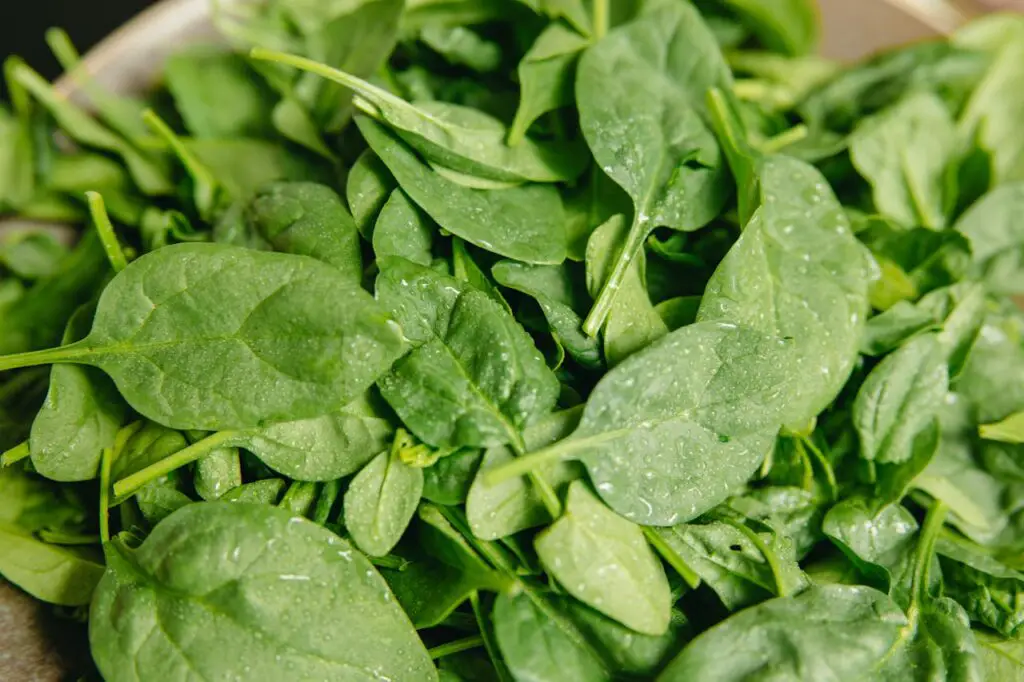
Spinach is widely considered one of the most nutrient-dense leafy greens available. Just one cup of raw spinach provides nearly 56 percent of your recommended daily intake of vitamin A and over 100 percent of vitamin K. It also contains high amounts of folate, magnesium, iron, and manganese. Spinach is loaded with antioxidants such as lutein and zeaxanthin, which support eye health and may protect against age-related macular degeneration. It’s also a good source of plant-based iron, which is vital for red blood cell production. Whether you toss it into a salad, stir it into pasta, blend it into smoothies, or sauté it with garlic and olive oil, spinach is an easy addition to your daily meals with serious health benefits.
2. Kale
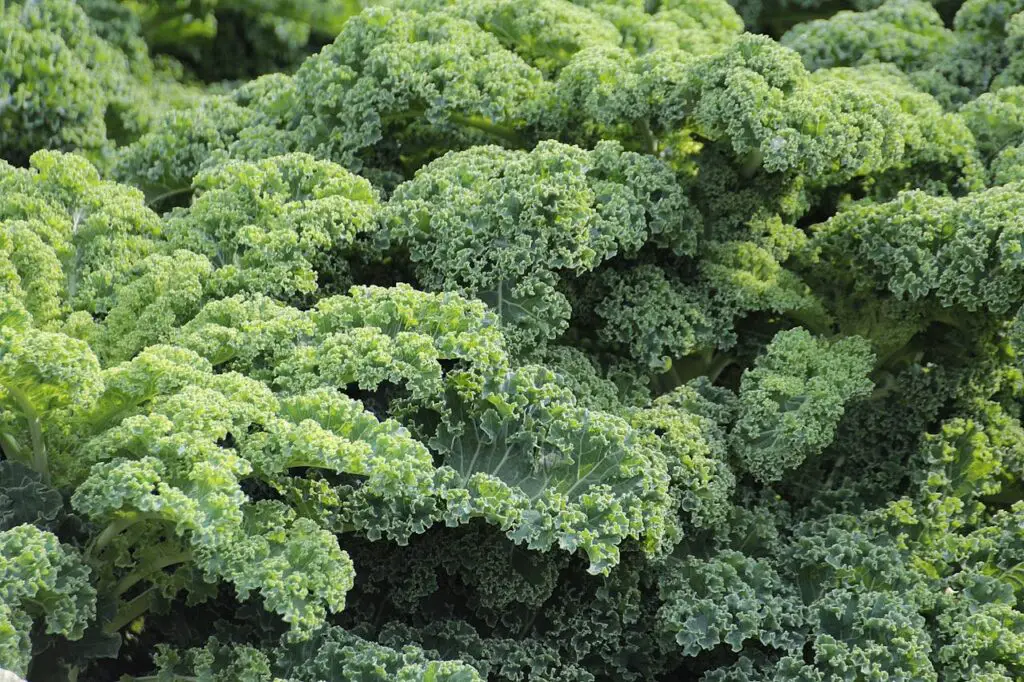
Kale is another leafy green that has earned its reputation as a nutritional powerhouse. A single cup of raw kale contains more than 200 percent of the daily recommended intake of vitamin A (in the form of beta-carotene) and nearly 700 percent of vitamin K. It’s also rich in vitamin C, calcium, potassium, and powerful antioxidants like quercetin and kaempferol. These compounds help reduce inflammation, regulate cholesterol levels, and support heart and bone health. Kale is extremely versatile and can be enjoyed raw in salads, baked into chips, steamed as a side dish, or blended into soups and smoothies. Its dense concentration of nutrients makes it a top pick among dietitians for daily consumption.
3. Broccoli
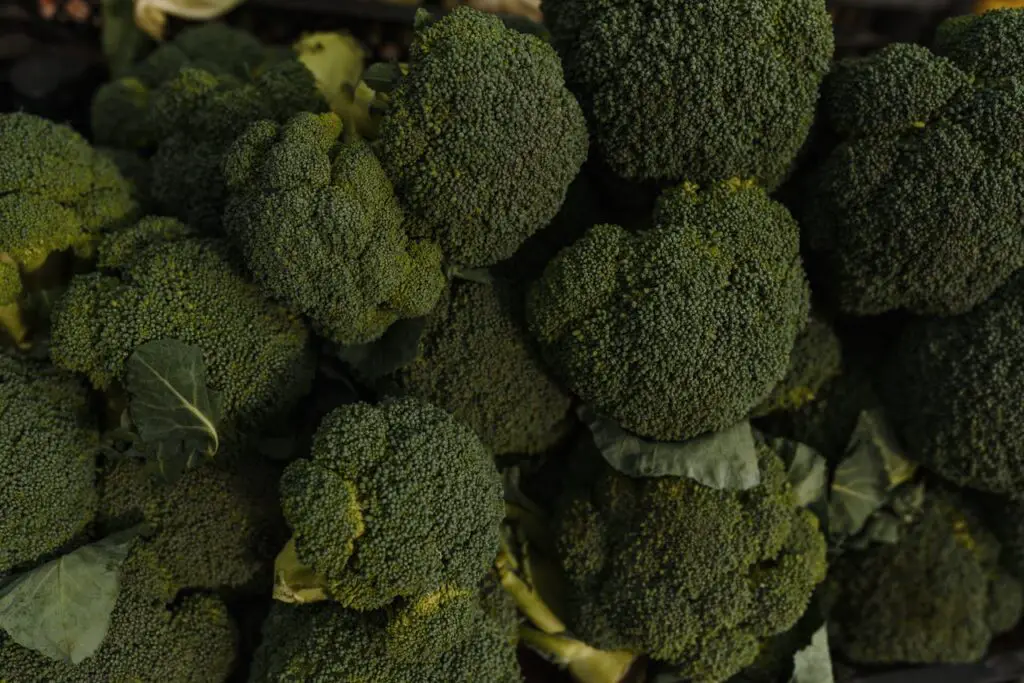
Broccoli is a cruciferous vegetable praised for its impressive nutritional profile. It’s high in vitamins C and K, folate, fiber, and potassium. Broccoli is especially known for containing sulforaphane, a sulfur-rich compound that has been shown in research to have strong anti-cancer properties. It also contains compounds that support detoxification, improve digestion, and reduce inflammation. Broccoli helps lower cholesterol, supports healthy blood vessels, and contributes to immune defense. Steamed, roasted, stir-fried, or even raw, broccoli fits seamlessly into a wide variety of dishes. Nutritionists often recommend including at least a half cup of broccoli daily for its many protective benefits.
4. Brussels Sprouts
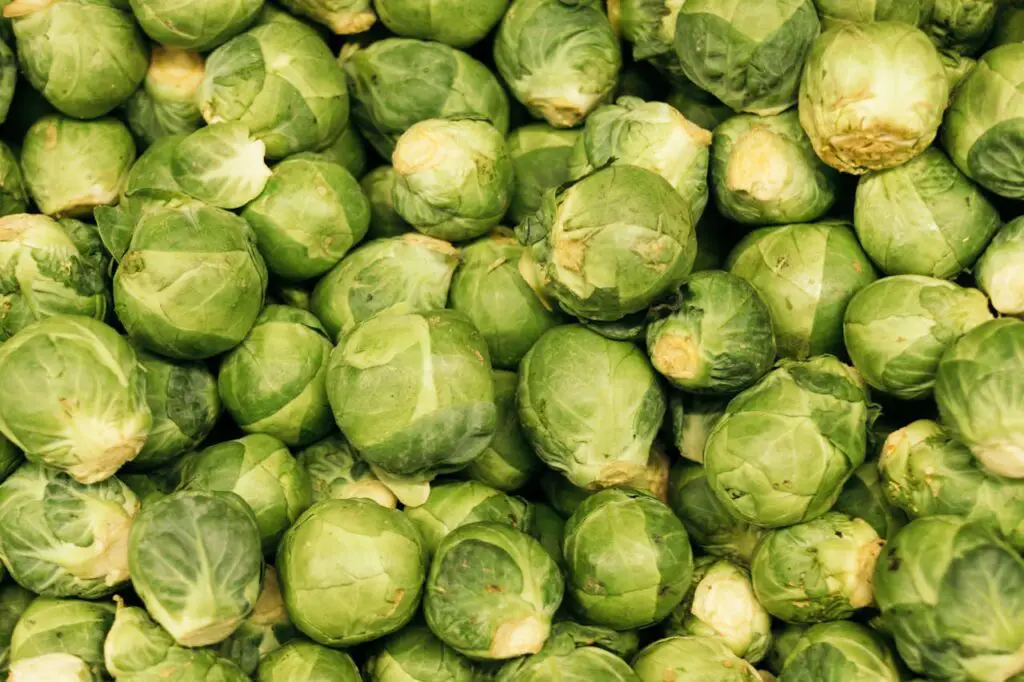
Brussels sprouts, another member of the cruciferous family, are loaded with vitamins C and K, fiber, folate, and manganese. They are especially high in glucosinolates and antioxidants that help the body detoxify and reduce oxidative stress. The vitamin C content in Brussels sprouts supports a healthy immune system, while their vitamin K supports blood clotting and bone strength. Research also shows that regular consumption of Brussels sprouts can help reduce inflammation and may protect against certain types of cancer. When roasted or sautéed with a bit of olive oil and seasoning, their flavor becomes nutty and appealing, making them a great daily veggie to enjoy with meals.
5. Sweet Potatoes
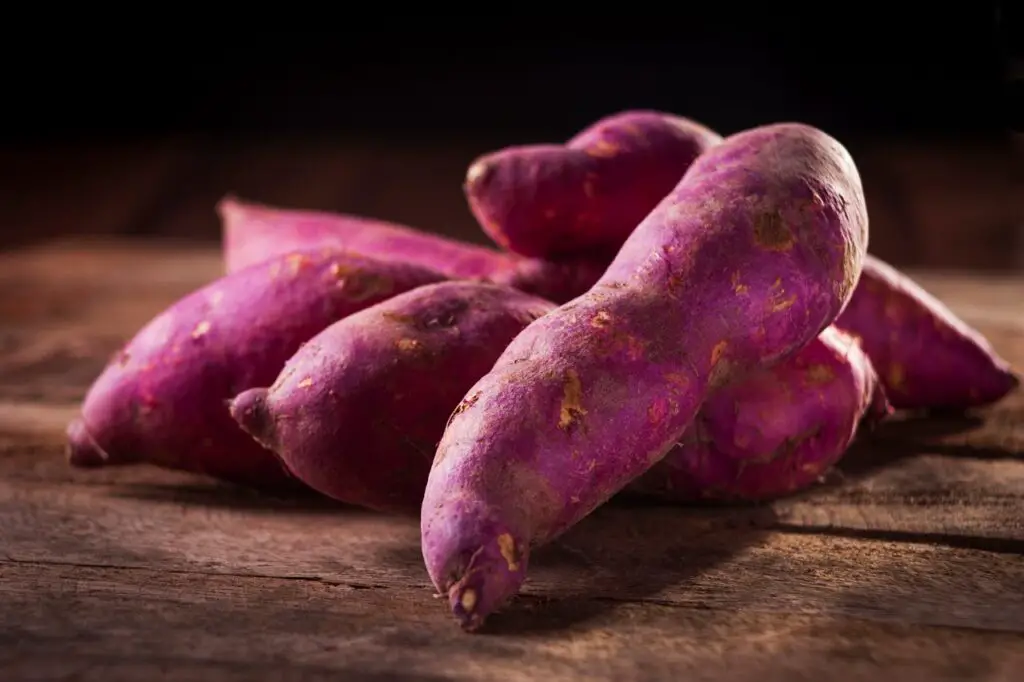
Sweet potatoes are often highlighted by dietitians for their impressive vitamin A content, delivered as beta-carotene, which supports healthy vision, skin, and immune system function. Just one medium sweet potato provides over 400 percent of the daily recommended intake of vitamin A. They are also rich in potassium, vitamin C, fiber, and antioxidants. Sweet potatoes have a relatively low glycemic index, making them a healthier carbohydrate choice for those looking to stabilize blood sugar. Their natural sweetness and starchy texture make them a versatile side dish that works well roasted, mashed, or baked. Including sweet potatoes a few times a week—if not daily—offers a delicious way to nourish your body with key nutrients.
6. Carrots
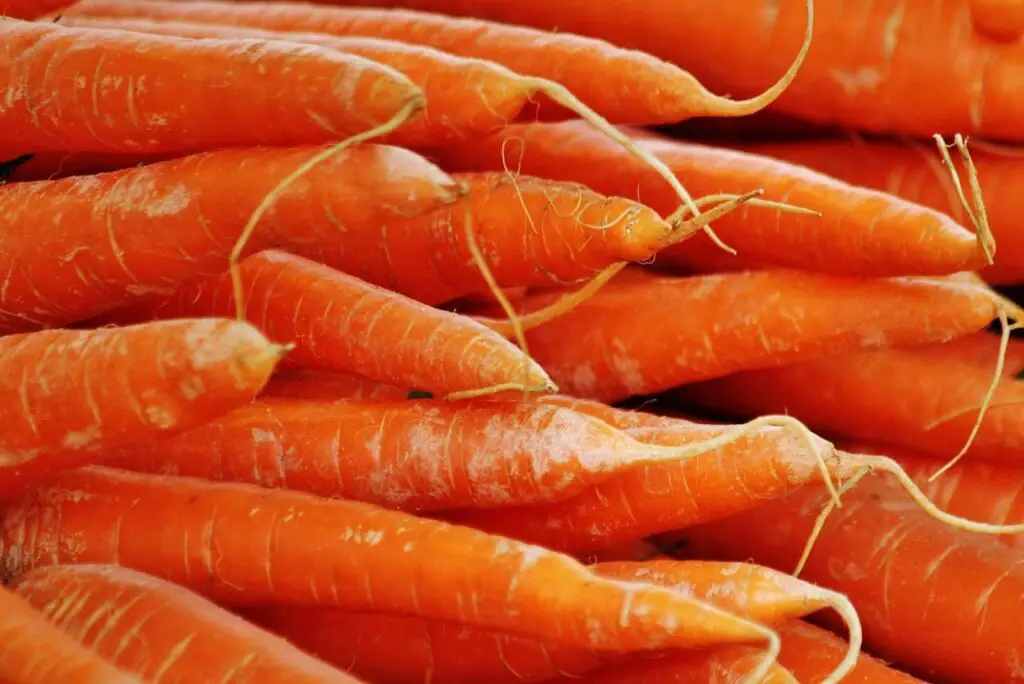
Carrots are another root vegetable known for their high beta-carotene content, which the body converts into vitamin A. This nutrient supports healthy vision, immune function, and skin regeneration. In addition to vitamin A, carrots provide vitamin K1, potassium, fiber, and a variety of antioxidants including lutein and anthocyanins. Their natural crunch and slight sweetness make them an ideal raw snack, while they also work beautifully when steamed, roasted, or added to soups and stews. Nutritionists recommend eating a variety of colored carrots—not just orange—for a broader spectrum of phytonutrients. A few servings per week or even one serving per day can be a smart and simple addition to your healthy diet.
7. Red Bell Peppers

Red bell peppers are one of the richest dietary sources of vitamin C, with a single medium pepper delivering nearly three times the daily recommended amount. They are also excellent sources of vitamin A, vitamin B6, folate, and the antioxidant lycopene, which has been studied for its potential to reduce the risk of cancer and promote heart health. Their crunchy texture and naturally sweet flavor make them ideal for raw snacking, but they’re also delicious when roasted, grilled, or stuffed. Red bell peppers are low in calories but high in water and fiber, which can help with hydration and digestion. Adding them to your daily meals can give your immune system a noticeable boost and support radiant skin.
8. Beets
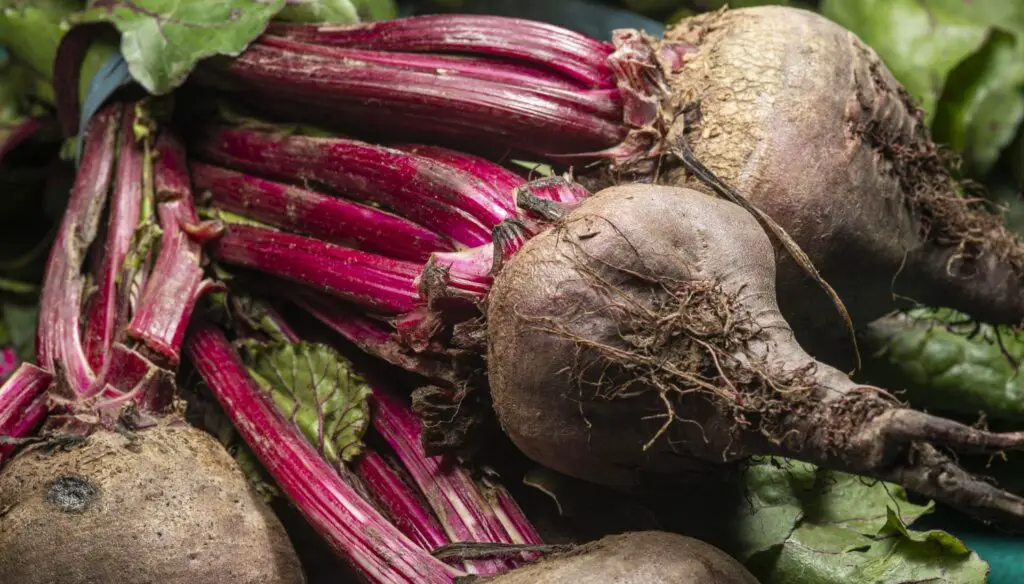
Beets are packed with essential nutrients, including folate, manganese, potassium, and vitamin C. They are one of the best sources of dietary nitrates, which are converted into nitric oxide in the body—a compound that improves blood flow and helps lower blood pressure. This makes beets especially popular among athletes and those with cardiovascular concerns. They also contain betalains, which are pigments that have antioxidant and anti-inflammatory properties. Beets support liver detoxification and are known to improve endurance and cognitive function. They can be eaten raw in salads, juiced, roasted, or even used in baking. Adding beets to your diet a few times per week, or even daily, is a smart move for long-term health.
Final Thoughts
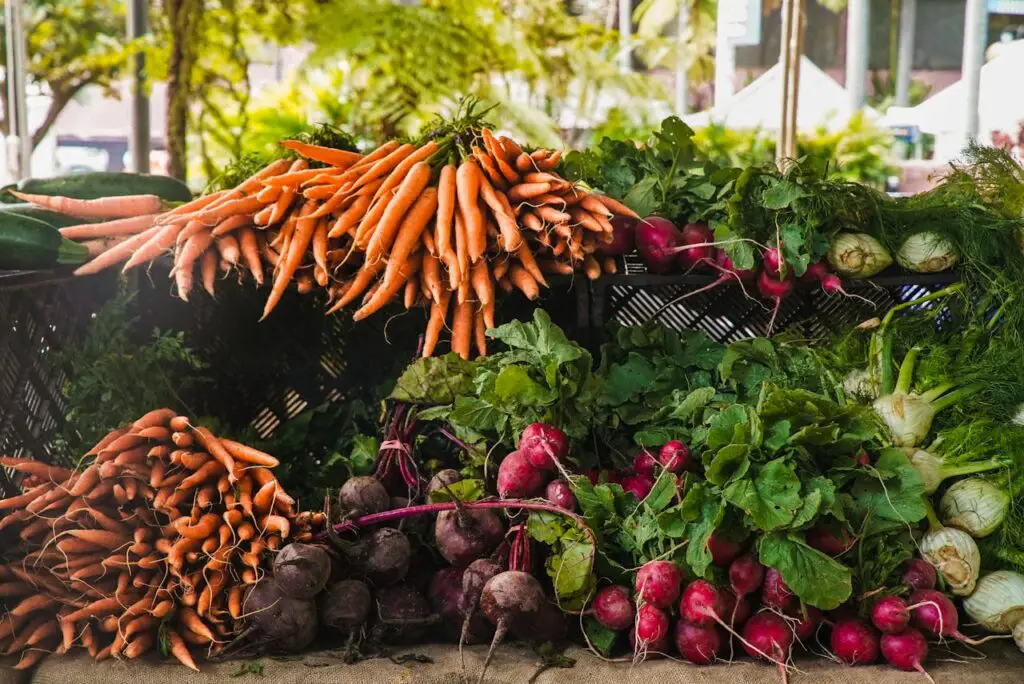
Incorporating these eight vegetables into your daily meals is one of the simplest yet most powerful ways to improve your overall health. These vegetables stand out not only for their high concentrations of essential vitamins and minerals, but also for their antioxidant and anti-inflammatory properties, all of which contribute to disease prevention and long-term vitality. Whether you’re blending leafy greens into your smoothies, roasting root vegetables for dinner, or snacking on raw bell peppers, every bite is a step toward better wellness. Eating a colorful variety of nutrient-dense vegetables each day helps fuel your body, sharpen your mind, and support a longer, healthier life—one delicious forkful at a time.
Leave a Reply